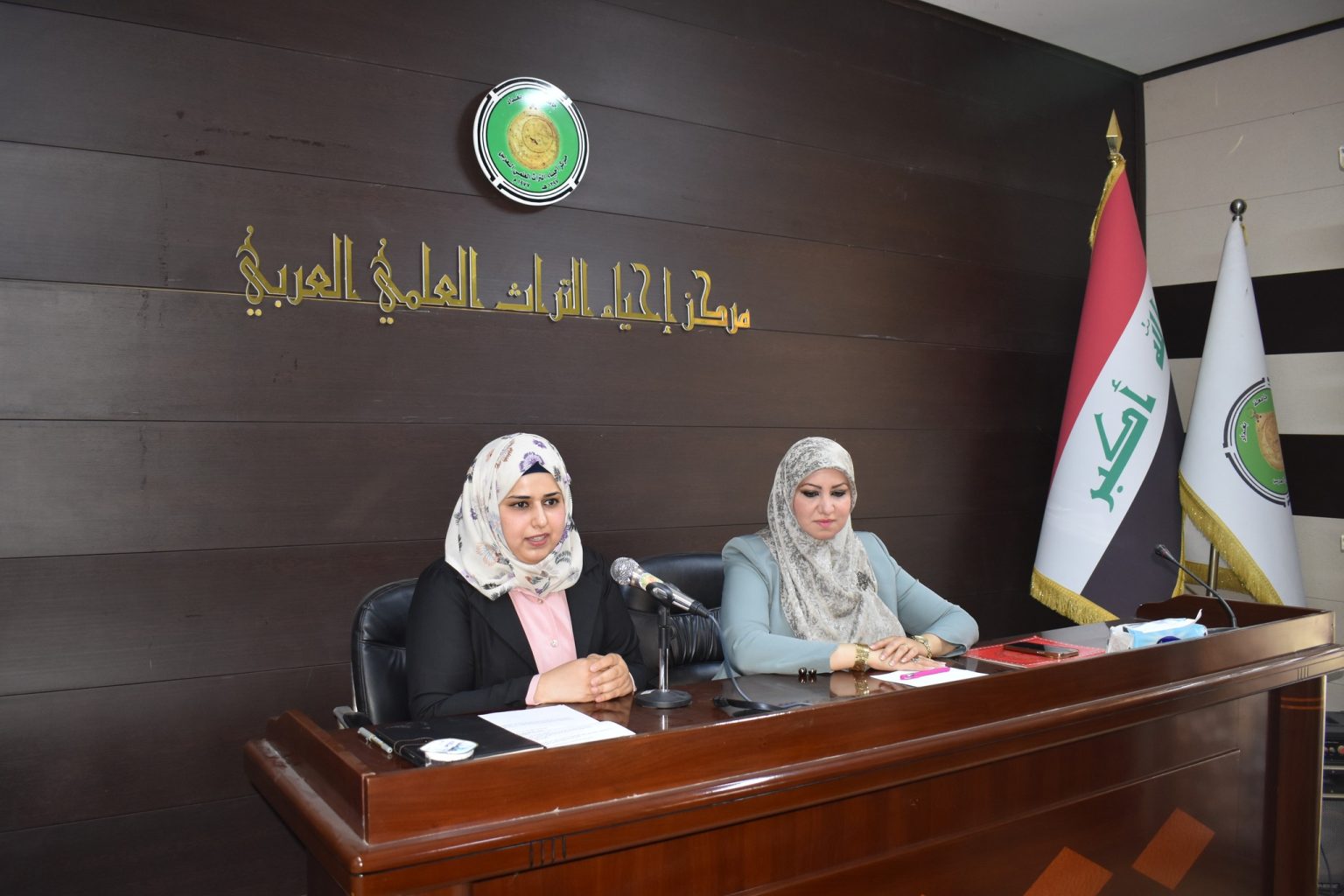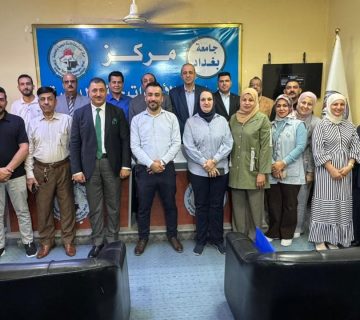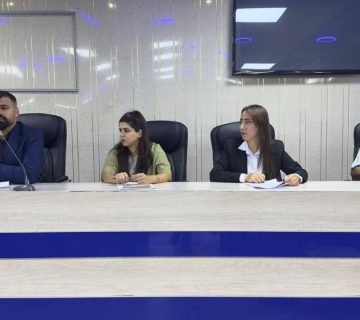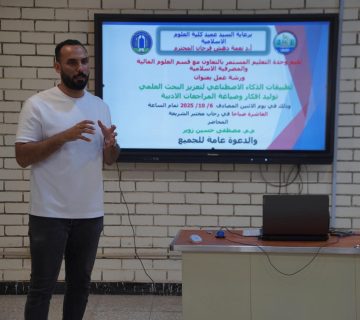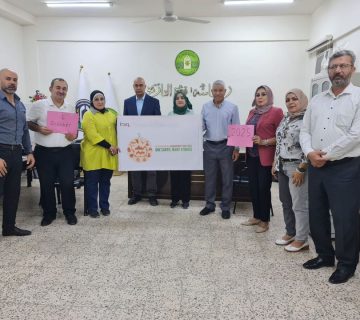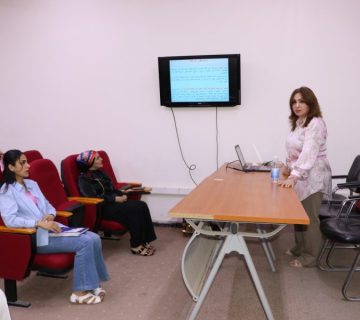The Arab Scientific Heritage Revival Center at the University of Baghdad organized a panel discussion titled “The Social Impacts of the Increasing Divorce Rates in Baghdad.” The lecture was delivered by legal consultant Sara Kazem Ajil from the Ministry of Interior, Department of Relations and Media, and was attended by several professors and researchers.
The panel discussion highlighted the social impacts of the increasing divorce rates in Baghdad, emphasizing that the family is the nucleus of society, and its stability or instability greatly affects the community. The separation of parents significantly impacts the family, especially children who may find it difficult to adjust and may take a long time to adapt. Furthermore, there is a noted correlation between divorce rates and increased crime rates, reflecting societal challenges stemming from familial instability.
There are multiple reasons for the increasing divorce rates, including differences in income sources, marital infidelity, unemployment, poverty, marital discord due to lack of compatibility and cultural openness. To reduce divorce rates, it is necessary to activate the role of social researchers and religious counselors, reform the medical examination system to be comprehensive, and activate government support through financial grants for married couples and other measures.


